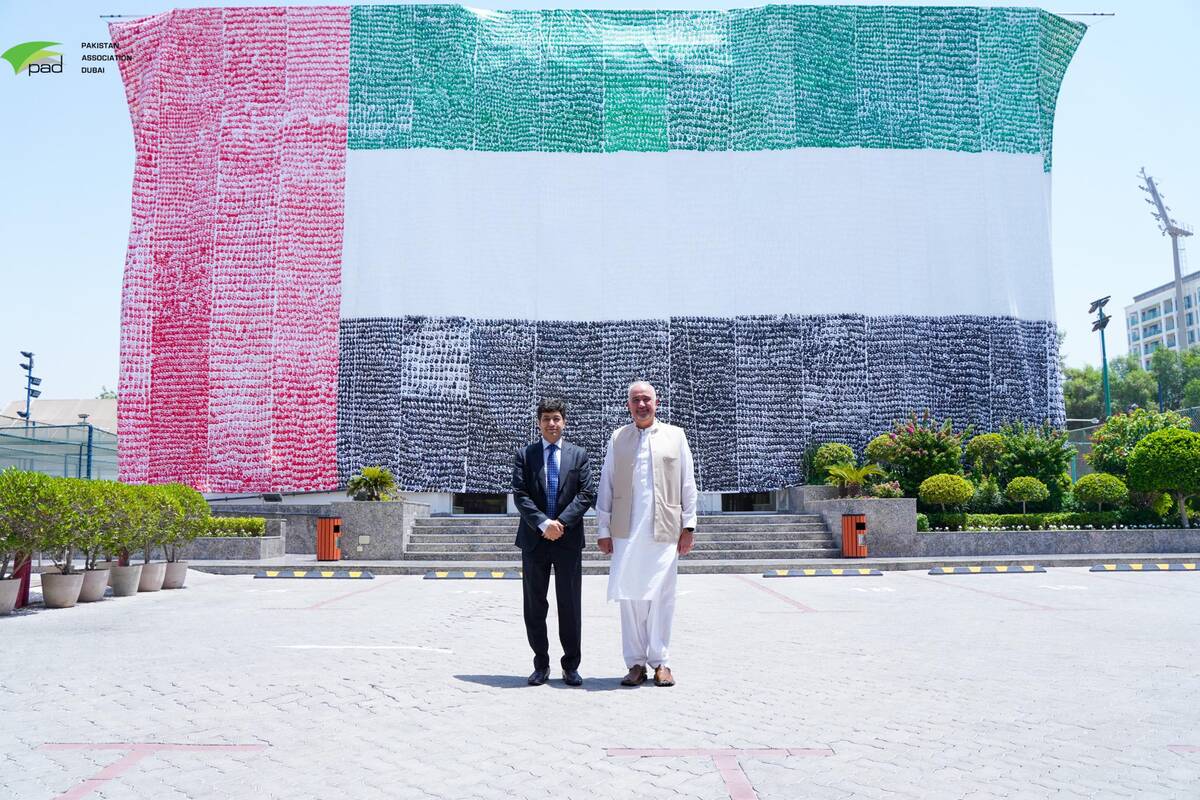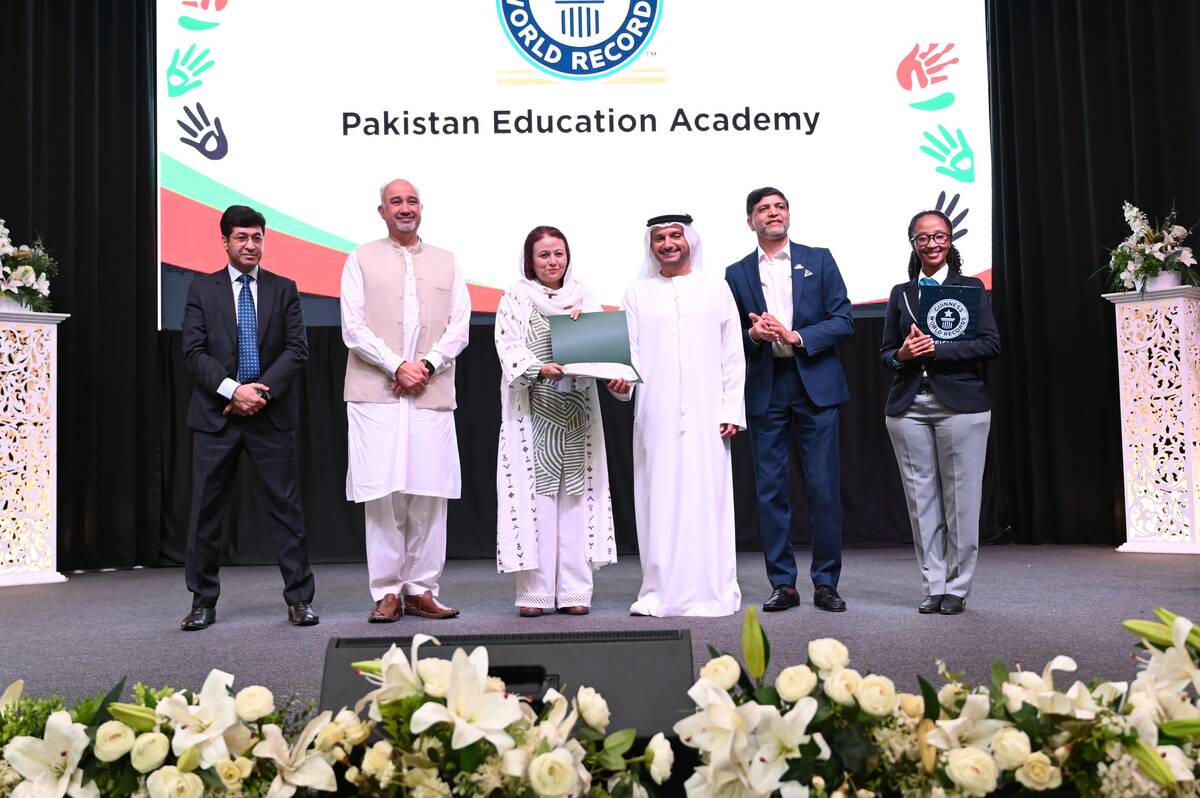ISLAMABAD: Pakistan is willing to discuss water-sharing concerns with India, the country’s top legal official said on Thursday, though he maintained the decades-old Indus Waters Treaty remained legally binding on both countries and could not be unilaterally suspended.
Attorney General Mansoor Usman Awan shared his country’s perspective with Reuters over the issue in an exclusive interview after Indian Prime Minister Narendra Modi’s reiterated his threat to block water flows to Pakistan.
India has said it would suspend the treaty as part of a series of measures following a deadly militant attack in Indian-administered Kashmir on April 22, which New Delhi blamed on Islamabad. Pakistan denies the allegation and says any attempt to disrupt water access would be a breach of international obligations with severe consequences.
“Pakistan is willing to talk about or to address anything, any concerns they [the Indians] may have,” Awan said during the interview.
He said India had written to Pakistan in recent weeks, citing population growth and clean energy needs as reasons to modify the treaty. But he said any discussions would have to take part under the terms of the treaty.
Islamabad maintains the treaty is legally binding and no party can unilaterally suspend it, Awan said.
“As far as Pakistan is concerned, the treaty is very much operational, functional, and anything which India does, it does at its own cost and peril as far as the building of any hydroelectric power projects are concerned,” he added.
Modi on Thursday ramped up pressure during a public event in Rajasthan, a state bordering Pakistan, saying: “Pakistan will not get water from rivers over which India has rights.”
“Pakistan will have to pay a heavy price for every terrorist attack … Pakistan’s army will pay it. Pakistan’s economy will pay it,” he added, referencing the April 22 attack that left 26 people dead.
The 1960 Indus Waters Treaty, brokered by the World Bank, allocates water from six rivers shared by the two countries. It guarantees Pakistan access to waters that irrigate nearly 80 percent of its farmland.
Awan said Pakistan would oppose any attempts to alter the treaty outside of its legal framework.
The nuclear-armed neighbors had earlier engaged in their most intense military confrontation in decades before agreeing to a US-brokered ceasefire on May 10.
India and Pakistan have fought three wars since gaining independence in 1947, two of them over Kashmir, which both claim in full but administer in part. India accuses Pakistan of supporting Kashmiri separatists in the disputed region, a charge Pakistan denies.
Tensions further escalated on Wednesday between the two countries when a suicide bombing targeted a school bus in Pakistan’s southwestern Balochistan province, killing six people, including four children.
Pakistan’s government and military accused “Indian terror proxies” of orchestrating the attack, an allegation India rejected.
In the fallout from the April attack, both countries have halted trade, closed borders and suspended most visa processing, deepening diplomatic and economic strains.


















